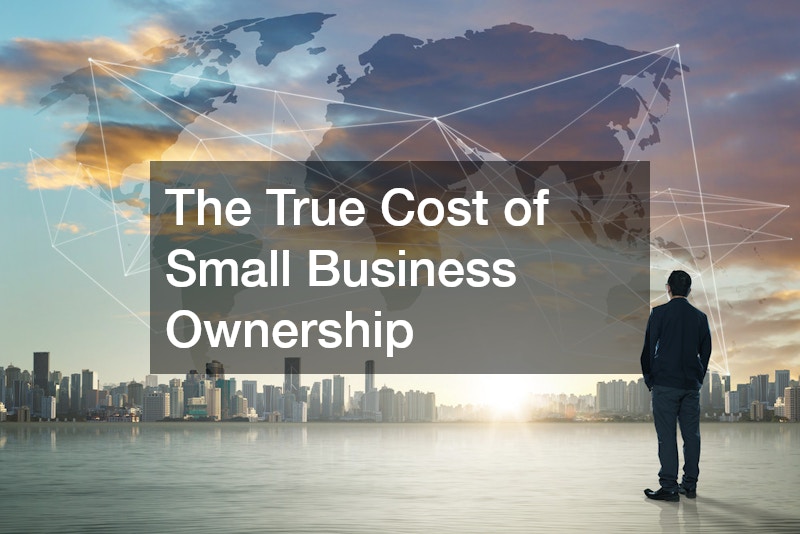- Choose a suitable agriculture business niche, such as crop farming, livestock farming, or organic farming.
- Acquire needed resources, including land, labor, capital, and inputs. Consider investing in used farm equipment to save money.
- Market and distribute products by targeting the right customers and building supply chain networks.
- Start an agriculture business with passion, knowledge, skills, and a willingness to learn and adapt.
There’s a renewed interest in agriculture as more people recognize the many benefits it offers. Starting an agriculture business from scratch is an option for ambitious entrepreneurs seeking to enhance their knowledge and skills to propel business growth. But how do you go about it? Here are some key steps to starting an agriculture business, from choosing a niche to scaling up operations.
Choose Your Niche
Agriculture is a broad sector encompassing many areas. Choose a niche that aligns with your interests, skills, and market demand. Conduct market research to determine the viability of your chosen niche, the competition, target customers, and industry trends. This information will help you craft a business plan that outlines your vision, goals, strategies, and financial projections. Here are some sectors of agriculture:
Crop Farming
Crop farming is one of the most popular agriculture niches and requires a significant investment of capital and resources. It involves planting a variety of crops to sell, such as fruits, vegetables, grains, and legumes. Crop farmers must have knowledge about crop rotation, soil fertility, pest control, harvesting techniques, and post-harvest handling and storage.
Livestock Farming
Livestock farming is a rewarding agriculture business, but it involves many responsibilities. Farmers need to understand animal husbandry, nutrition management, disease prevention, breeding methods, and humane slaughter practices. Popular livestock animals include cows, sheep, goats, pigs, horses, chickens, and fish.
Organic Farming
Organic farming is an increasingly popular niche among entrepreneurs. It focuses on sustainable and chemical-free methods of production that promote the health of both plants and animals. Organic farmers must be knowledgeable about soil fertility, pest control, composting techniques, crop rotation, water conservation, and marketing strategies for organic products.

Acquire the Necessary Resources
Agriculture requires capital, land, labor, and inputs such as seeds, fertilizers, chemicals, and machinery. Determine how much capital you need, how you’ll finance your business, and how you’ll manage cash flow and profits. Ensure you comply with regulatory requirements, such as obtaining licenses, permits, and insurance. Here are some things to consider:
Land
The land is a critical resource for starting an agriculture business. Depending on the type of farming you are pursuing, consider factors such as size, soil condition, climate, and access to water sources. You may need to rent or purchase land that meets your needs. If you are buying land, make sure to have it surveyed and inspected by professionals before you make the purchase.
Labor
If you don’t have the necessary experience or expertise, consider hiring knowledgeable and experienced staff to help with production. If you plan to employ workers for a longer period, make sure to invest in training them so they can do their job effectively and efficiently.
Inputs
You’ll need a variety of inputs to produce crops or livestock, including seeds, fertilizers, chemicals, and machinery. Research the best suppliers for these inputs and purchase them at competitive prices. Make sure to invest in quality equipment that will last longer and help you maximize your returns.
Consider Used Farm Equipment
When starting an agriculture business, it is important to consult a trusted used farm equipment dealer that will help maximize profit. Used farm equipment can be a great cost-effective option for entrepreneurs looking to save money.
Purchasing used farm equipment from a reliable dealer ensures that the machinery is in good condition and will work properly for years to come. Investing in used farm equipment can help you remain competitive and increase the productivity of your business.
If possible, visit the dealer before making a purchase. This will give you an opportunity to inspect and test the machinery, ask questions, and get advice on what type of equipment is best suited for your business.

Market and Distribute Your Products
Agriculture is not just about growing crops or raising animals; it’s also about selling what you produce. Marketing is as important as production in agriculture.
You need to target the right customers, offer them quality, value, and convenience, and build long-term relationships with them. Explore different marketing channels, such as farmers’ markets, CSA (Community Supported Agriculture) subscriptions, e-commerce platforms, and wholesale markets.
Furthermore, you need to determine the most efficient and cost-effective way to get your products to customers. Consider factors such as storage, packaging, delivery methods, and distribution networks when building your supply chain.
Starting an agriculture business from scratch is a challenging but rewarding endeavor. It requires a mix of passion, knowledge, skills, and resources, as well as a willingness to learn, adapt, and innovate. By following the key steps outlined, you can start and grow a successful agriculture business that benefits both you and your customers. Remember, agriculture is not just a source of income but also a way of life and a contribution to a sustainable and resilient food system.





